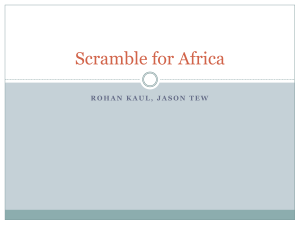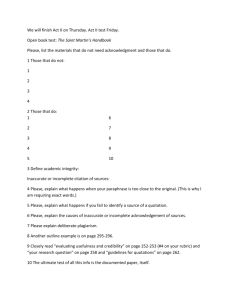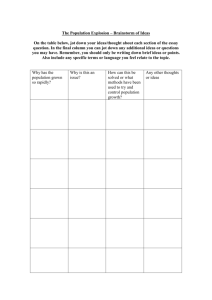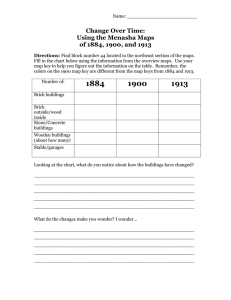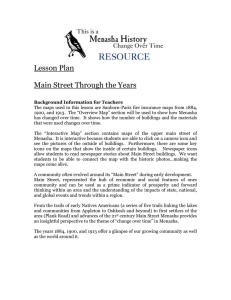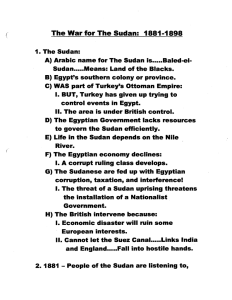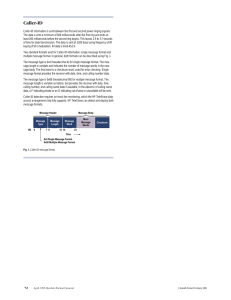Essay Exam Questions
advertisement
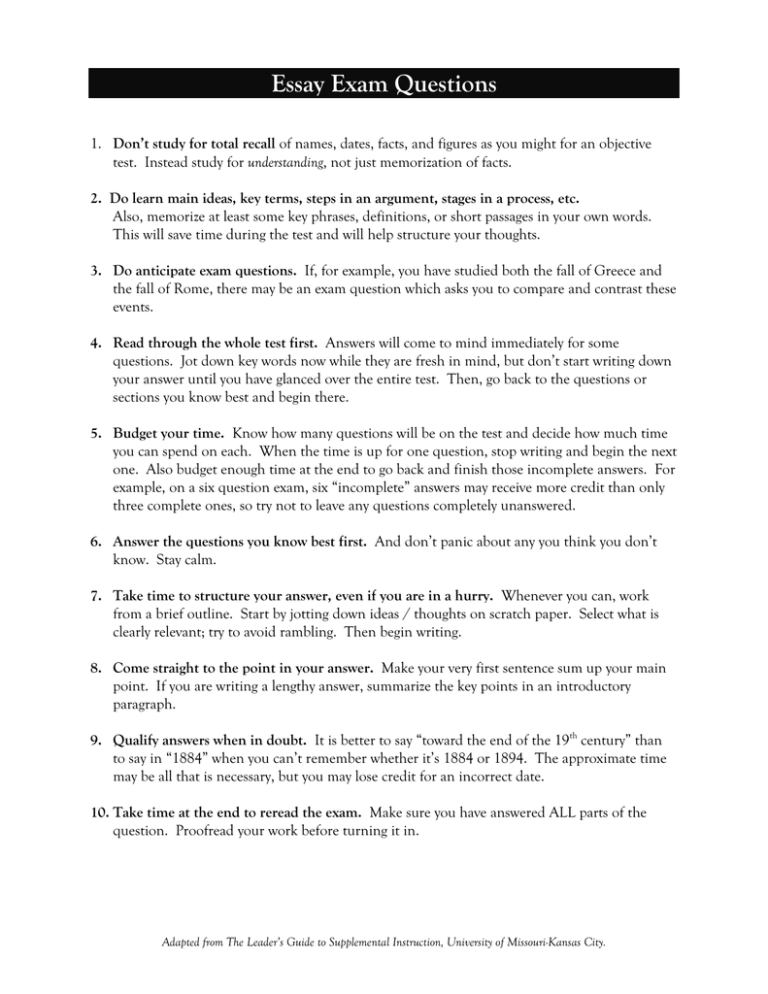
Essay Exam Questions 1. Don’t study for total recall of names, dates, facts, and figures as you might for an objective test. Instead study for understanding, not just memorization of facts. 2. Do learn main ideas, key terms, steps in an argument, stages in a process, etc. Also, memorize at least some key phrases, definitions, or short passages in your own words. This will save time during the test and will help structure your thoughts. 3. Do anticipate exam questions. If, for example, you have studied both the fall of Greece and the fall of Rome, there may be an exam question which asks you to compare and contrast these events. 4. Read through the whole test first. Answers will come to mind immediately for some questions. Jot down key words now while they are fresh in mind, but don’t start writing down your answer until you have glanced over the entire test. Then, go back to the questions or sections you know best and begin there. 5. Budget your time. Know how many questions will be on the test and decide how much time you can spend on each. When the time is up for one question, stop writing and begin the next one. Also budget enough time at the end to go back and finish those incomplete answers. For example, on a six question exam, six “incomplete” answers may receive more credit than only three complete ones, so try not to leave any questions completely unanswered. 6. Answer the questions you know best first. And don’t panic about any you think you don’t know. Stay calm. 7. Take time to structure your answer, even if you are in a hurry. Whenever you can, work from a brief outline. Start by jotting down ideas / thoughts on scratch paper. Select what is clearly relevant; try to avoid rambling. Then begin writing. 8. Come straight to the point in your answer. Make your very first sentence sum up your main point. If you are writing a lengthy answer, summarize the key points in an introductory paragraph. 9. Qualify answers when in doubt. It is better to say “toward the end of the 19th century” than to say in “1884” when you can’t remember whether it’s 1884 or 1894. The approximate time may be all that is necessary, but you may lose credit for an incorrect date. 10. Take time at the end to reread the exam. Make sure you have answered ALL parts of the question. Proofread your work before turning it in. Adapted from The Leader’s Guide to Supplemental Instruction, University of Missouri-Kansas City.
